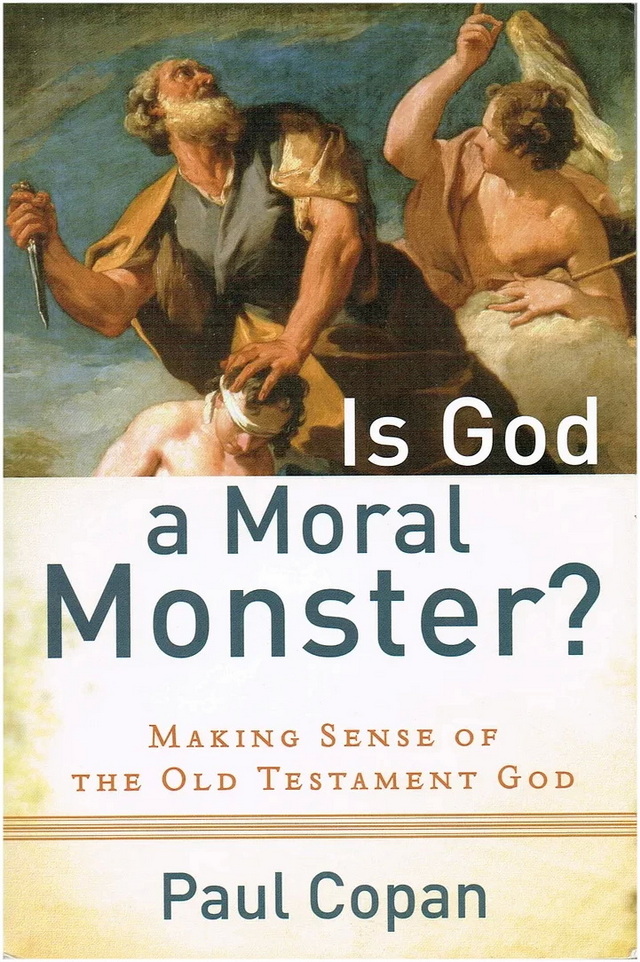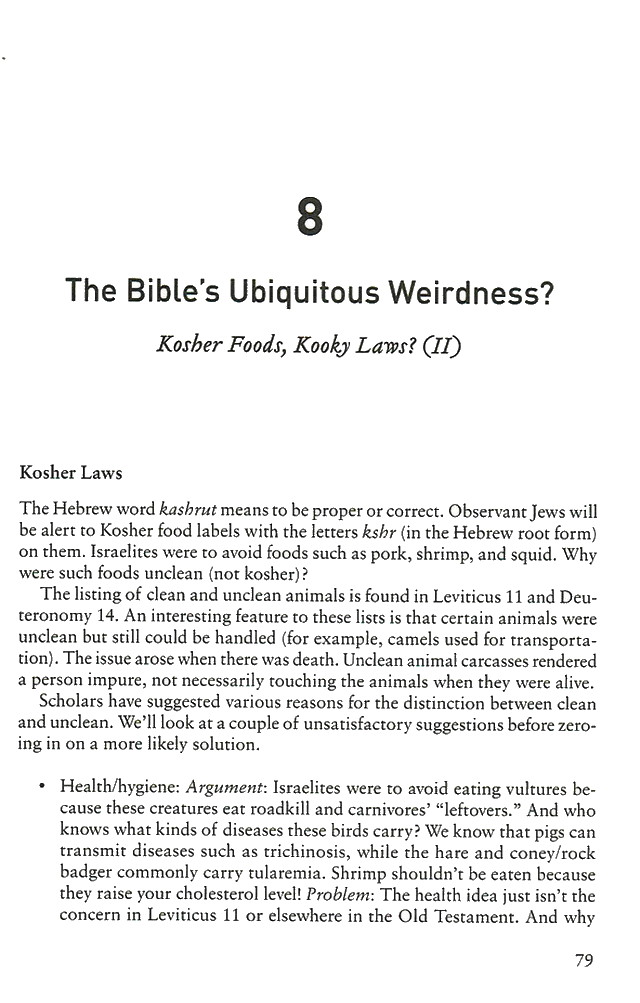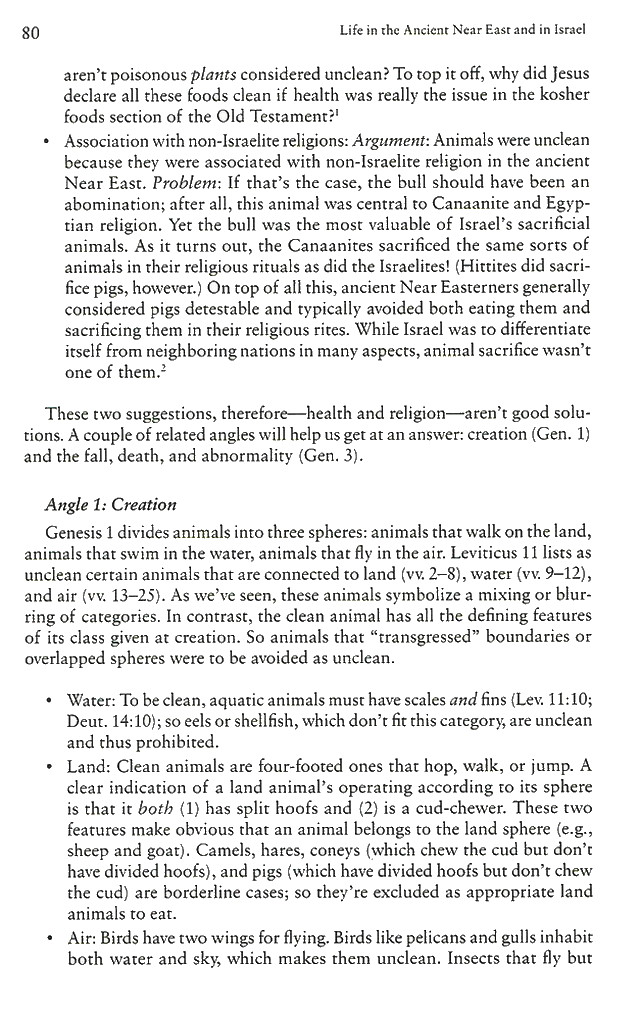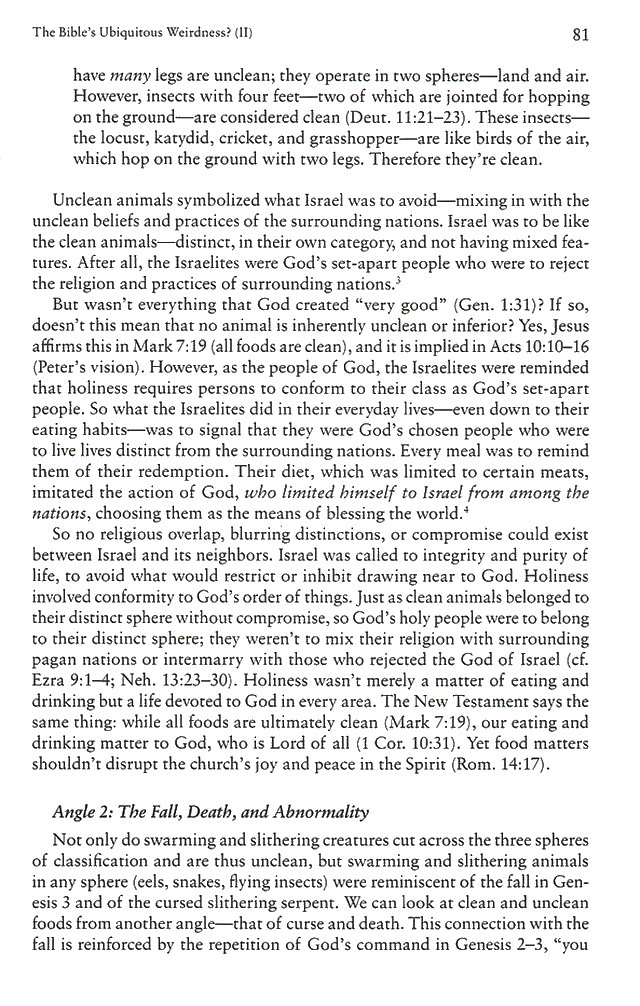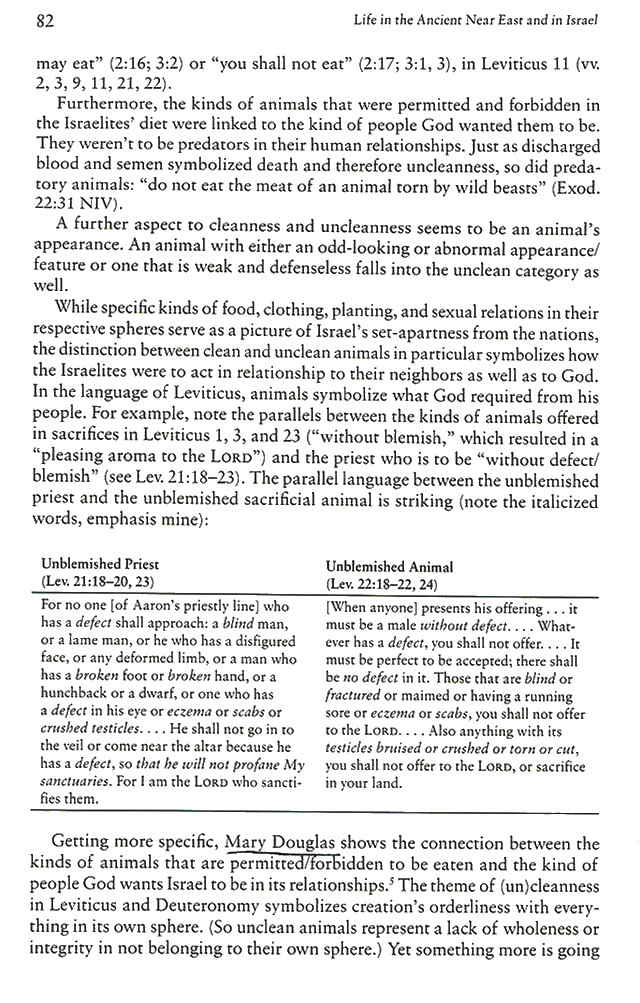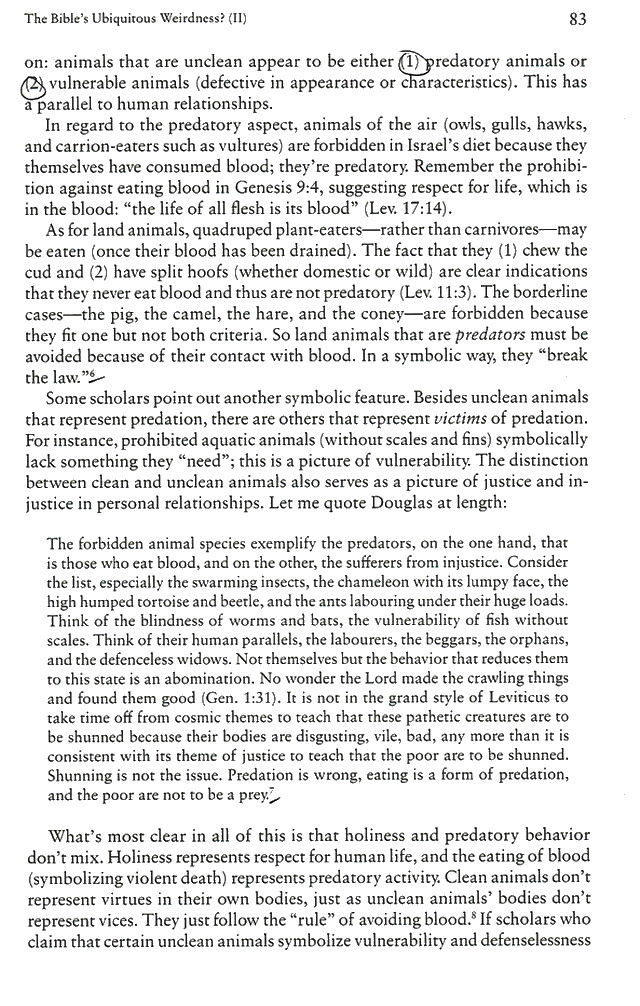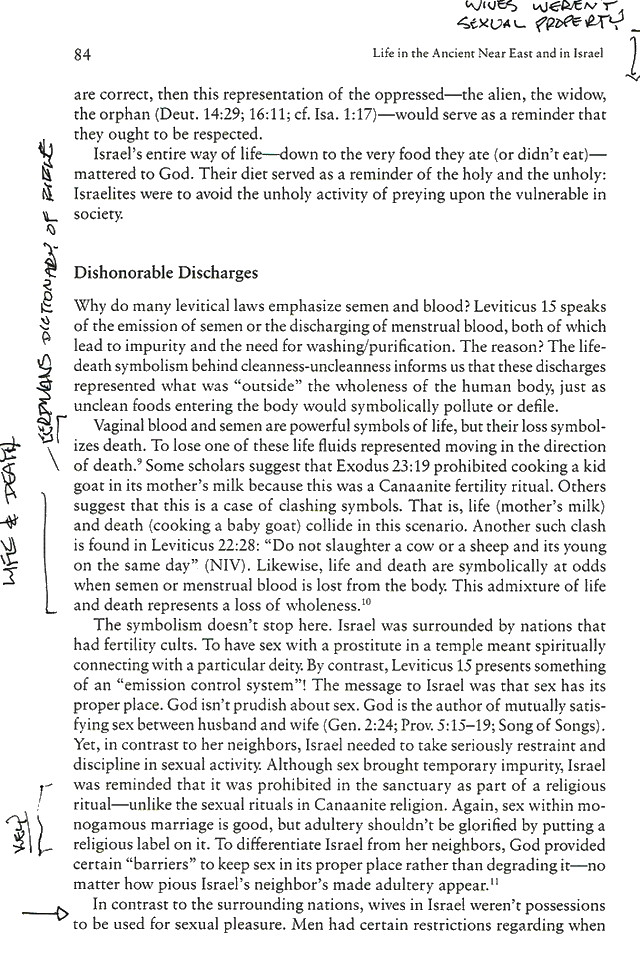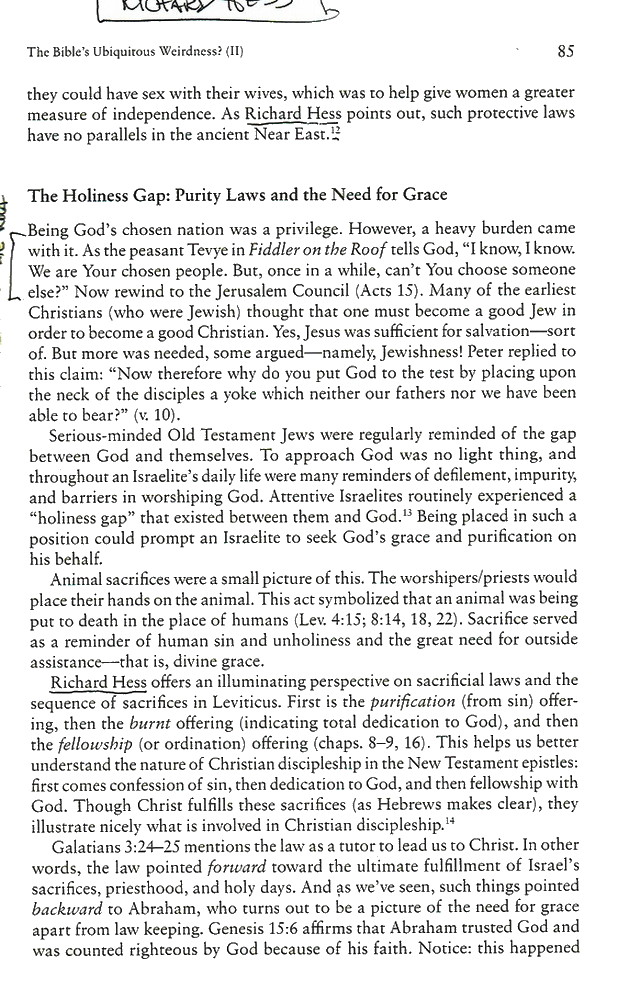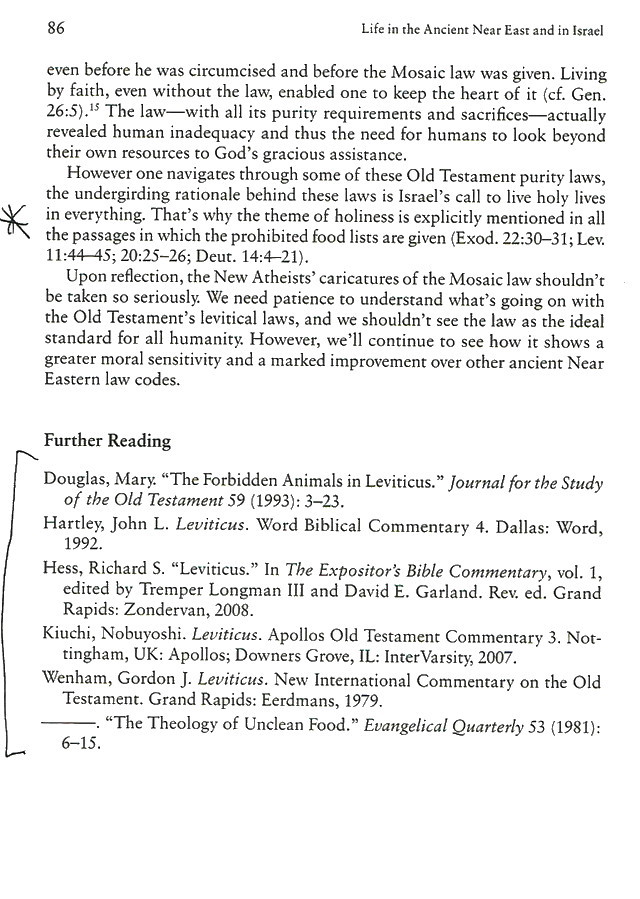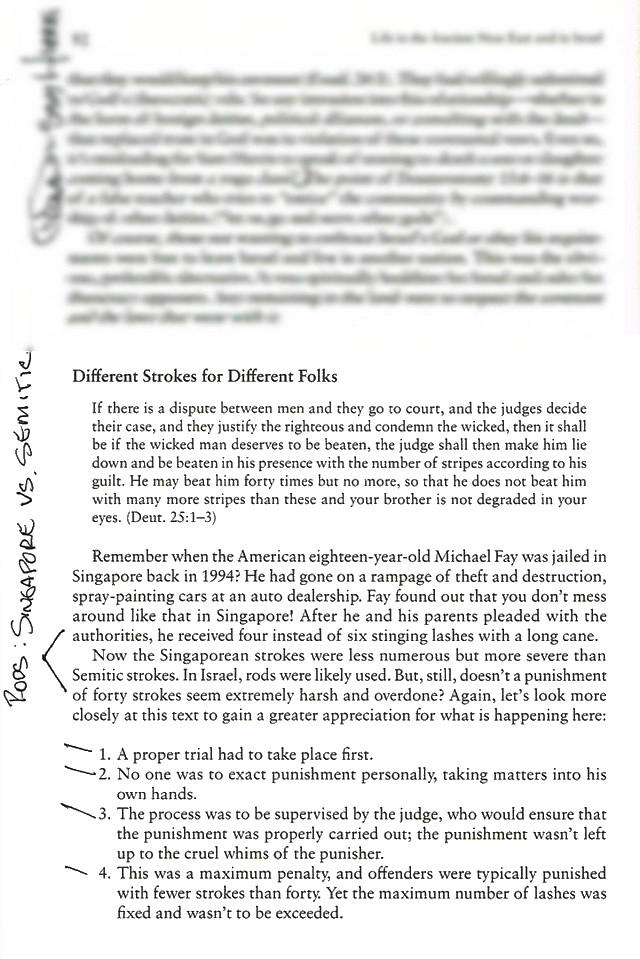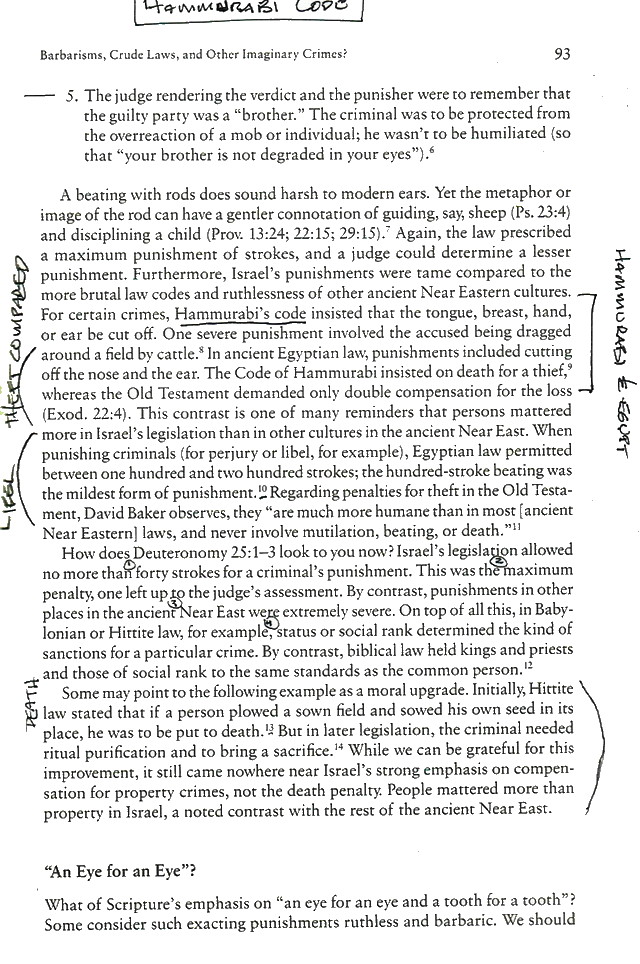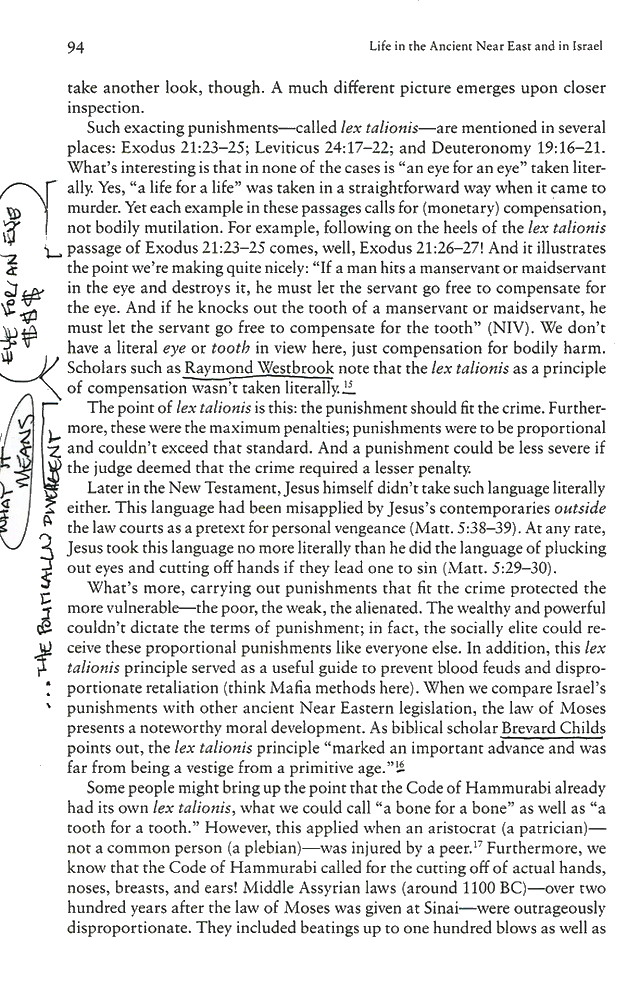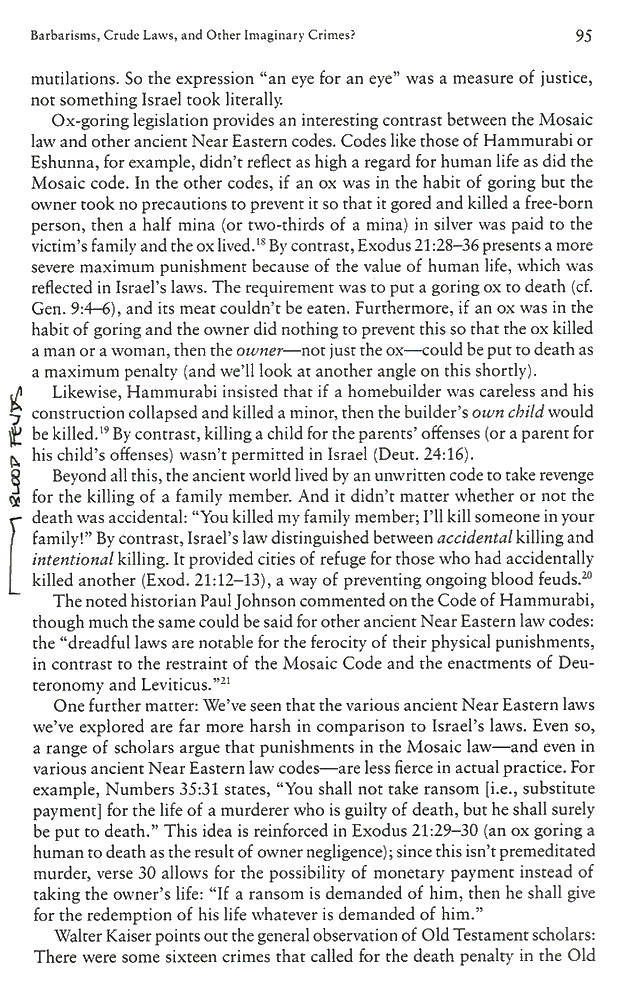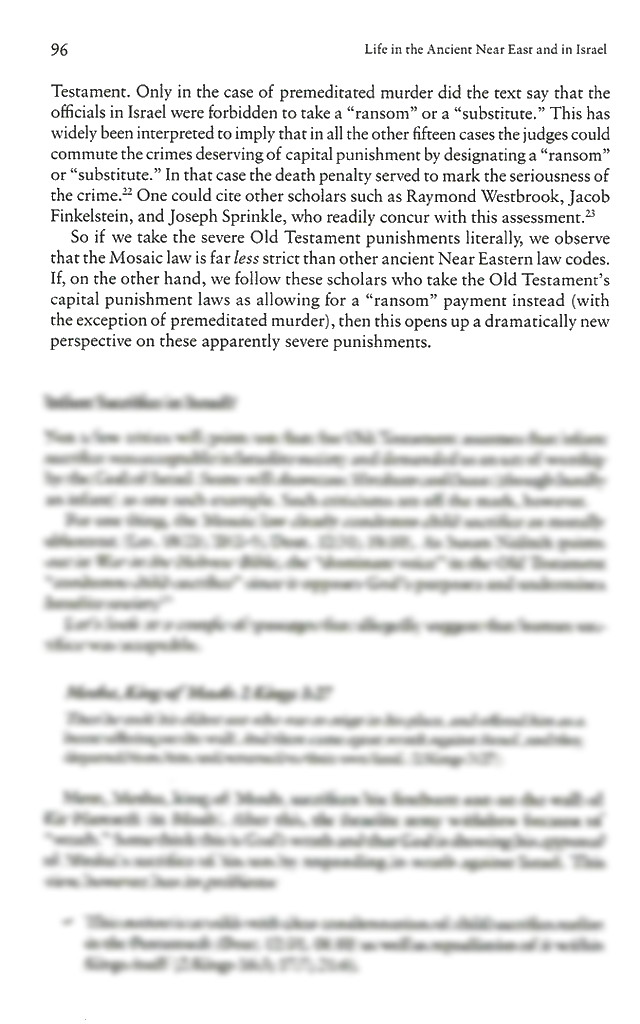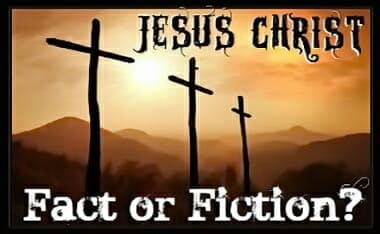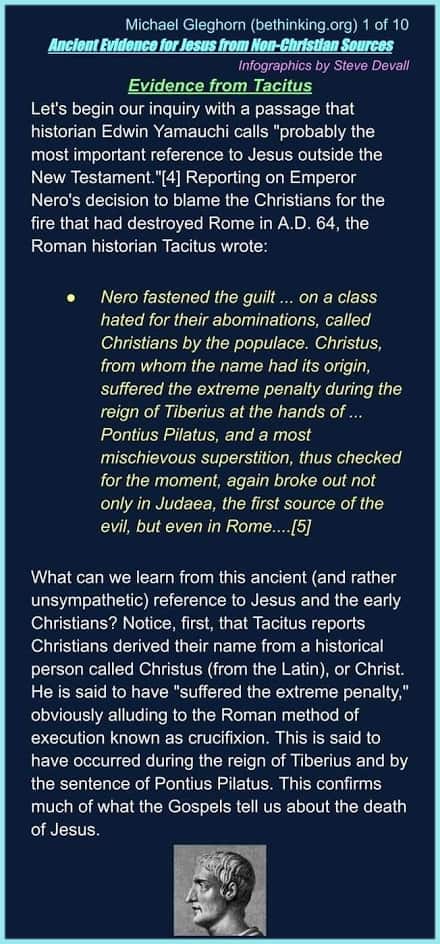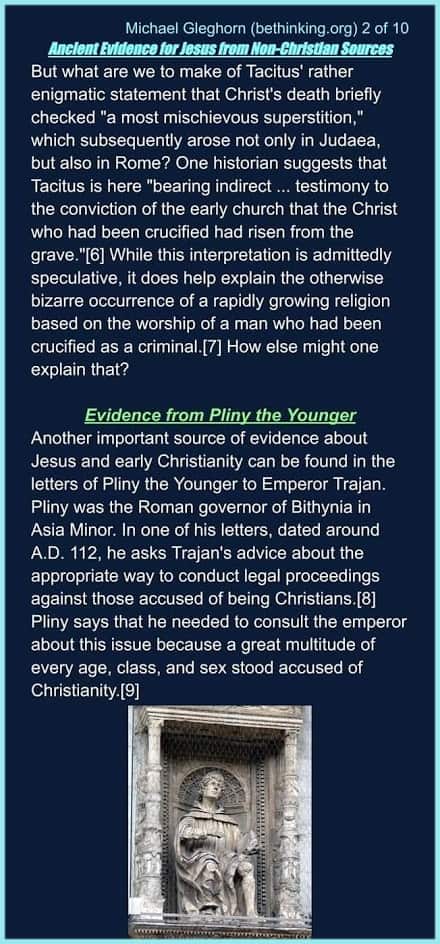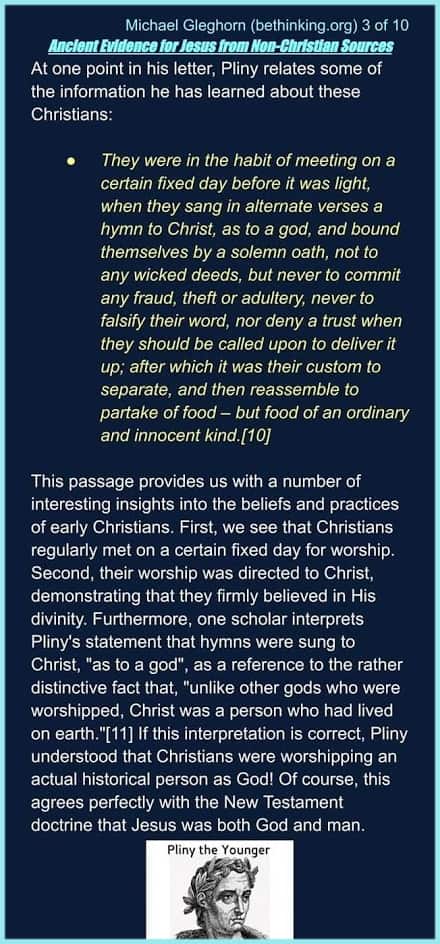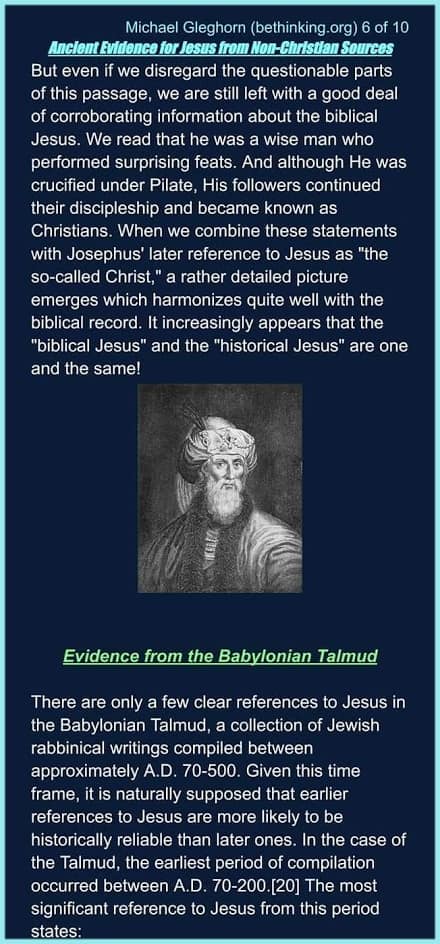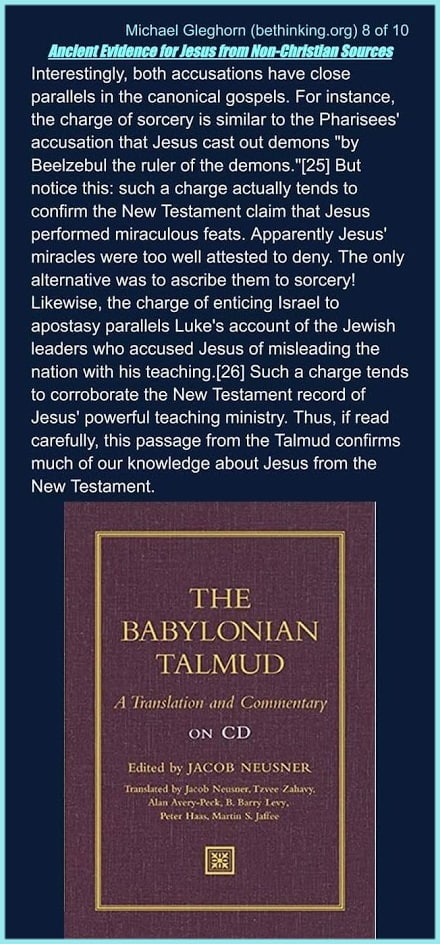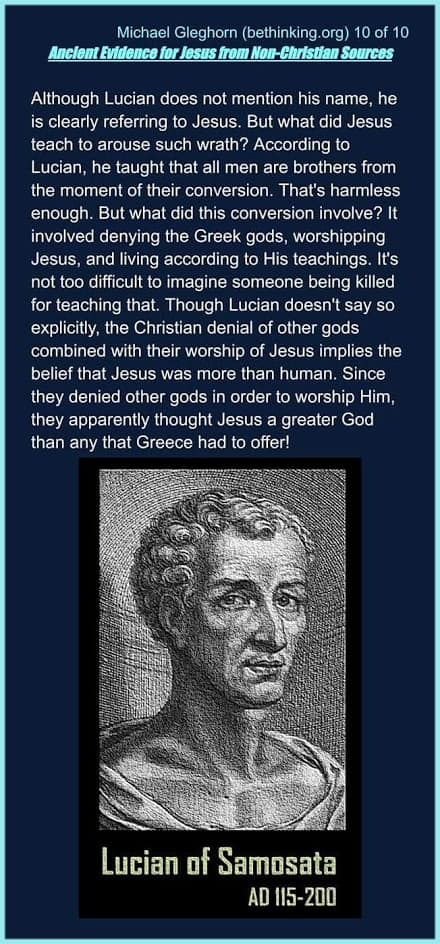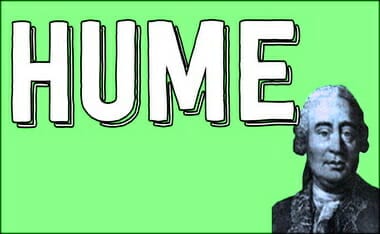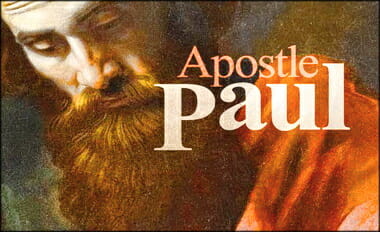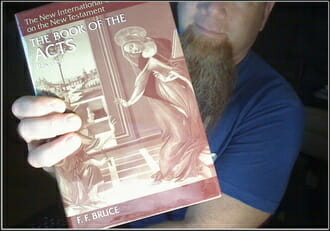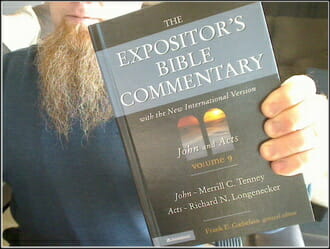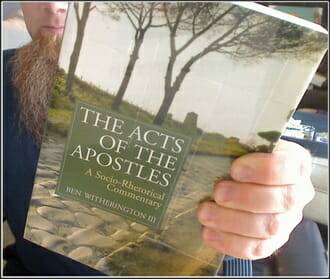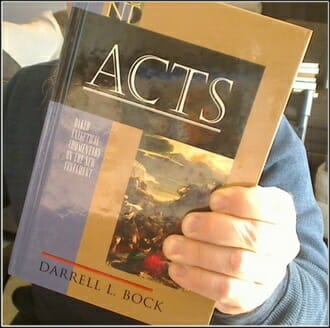(Originally Posted June of 2017 – Updated Media)
(Updated! This post is now married — ha — to this post of dietary laws in Leviticus. Also, posted some excerpts from a book at bottom.) After posting the above graphic, Jonathan Lewis [I believe Jonathan closed his FB down since last checked] said this in response to a friends post.
Here is his initial post.
The point of this, for me, is that marriage has been something that changes. I hate when people use the bibles example to deny my friends the right to get married when marriage today is nothing like marriage was in the bible. On top of all this, almost all marriages where arranged. Just as it used to be illegal for a black man to marry a white women. That had to change and it did. And people used the bible to try to stop it from changing. It’s just here to show that marriage has changed. And needs to change again to allow the LGBT community rights.
There are a few things wrong with how Jonathan has come at this issue. The first is how one should approach any historical document, this is called Hermeneutics. This way of approaching any document of antiquity pre-dates Christ [by about 500-years] and can be summed up in the “eight rules.”
Rule of Definition.
Define the term or words being considered and then adhere to the defined meanings.
Rule of Usage.
Don’t add meaning to established words and terms. What was the common usage in the cultural and time period when the passage was written?
Rule of Context.
Avoid using words out of context. Context must define terms and how words are used.
Rule of Historical Background.
Don’t separate interpretation and historical investigation.
Rule of Logic.
Be certain that words as interpreted agree with the overall premise.
Rule of Precedent.
Use the known and commonly accepted meanings of words, not obscure meanings for which their is no precedent.
Rule of Unity.
Even though many documents may be used there must be a general unity among them.
Rule of Inference.
Base conclusions on what is already known and proven or can be reasonably implied from all known facts.
Another important term that is often missed in a post like Jonathan’s to engender emotional responses and not critical thinking, is Etymology:
- “the study of the origins of words or parts of words and how they have arrived at their current form and meaning” (Encarta Dictionary).
So, what does a historical thinker say about the above?
They [the critics] start with some improbable presumption; and having so decreed it themselves, proceed to draw inferences, and censure the poet as though he had actually said whatever they happen to believe, if his statement conflicts with their notion of things…. Whenever a word seems to imply some contradiction, it is necessary to reflect how many ways there may be of understanding it in the passage in question…. So it is probably the mistake of the critics that has given rise to the Problem…. See whether he [the author] means the same thing, in the same relation, and in the same sense, before admitting that he has contradicted something he has said himself or what a man of sound sense assumes as true…. The objections, then, of critics start with faults of five kinds: the allegation is always that something is either (1) impossible, (2) improbable, (3) corrupting, (4) contradictory, or (5) against technical correctness. The answers to these objections must be sought under one or other of the above–mentioned heads, which are twelve in number.
(Source)
So taking the above from Aristotle and applying this thinking to one area, say, language, will afford us a great deal of help:
LANGUAGE GAP
…Consider how confused a foreigner must be when he reads in a daily newspaper: “The prospectors made a strike yesterday up in the mountains.” “The union went on strike this morning.” “The batter made his third strike and was called out by the umpire.” “Strike up with the Star Spangled Banner.” “The fisherman got a good strike in the middle of the lake.” Presumably each of these completely different uses of the same word go back to the parent and have the same etymology. But complete confusion may result from misunderstanding how the speaker meant the word to be used…. We must engage in careful exegesis in order to find out what he meant in light of contemporary conditions and usage.
(Source)
So these are just some quick, higher educational deep-thinking skills/points, to apply to the graph. There is a history gap not mentioned in the graph or following conversations about the graph. For instance, King David in the Old Testament had many wives. Why would someone take this event (fact) and rip it from its historical context and apply modern day thinking to it? If this is done then there is another purpose behind doing so, an agenda. Sure, the Bible states that God “gave David Saul’s wives” (2 Samuel 12:8),but that is just a figure of speech. In ancient times, it was commonplace for a new king to take possession of everything owned by the former king, including his wives. So let’s take the “cultural gap” here and open it up a bit:
Jamieson-Fausset-Brown Bible Commentary
8. I gave thee thy master’s house, and thy master’s wives-The phraseology means nothing more than that God in His providence had given David, as king of Israel, everything that was Saul’s. The history furnishes conclusive evidence that he never actually married any of the wives of Saul. But the harem of the preceding king belongs, according to Oriental notions, as a part of the regalia to his successor.
Knowing now that culturally speaking (using the understanding of idioms and ideas as known in a particular time-period) that it was commonplace for a new king to take possession of everything owned by the former king, including his wives, is not the same as God saying go out and take many wives to fulfill the lust of man. In-other-words, just because a great man in the Bible had more than one wife does not mean we should. The Bible faithfully records — as a true history book would — both the advances and the failures of people. Not only that (e.g., ripping something from its historical, cultural, geographic, etymological, and theological understanding), but context is important as well, context in a book recording evil deeds done along side righteous ones, and how to regulate man’s inhibitions.
The only direct command against polygamy is given to the kings that were to rule Israel, as they are told not to “multiply wives” to themselves (Deuteronomy 17:17). It is also interesting to note that polygamous relationships seem to be regulated in the commands Moses gave to the nation of Israel. Leviticus 18:18 instructs that a man should not marry sisters, and Deuteronomy 21:15 talks of assigning an heir to a man with two wives. Many commentators suggest that the passages do not endorse polygamy but rather prohibit it. Deuteronomy 21:15 may also be translated as “has had two wives” in succession rather than at the same time. The sisters in Leviticus 18:18 are understood by some to be any Israelite women. Regardless of the interpretation of these passages, the taking of multiple wives is not in accord with God’s design from the beginning.
(Source)
An analogous understanding is that the Bible gives commands on how to treat slaves, even having an entire New Testament book written with regards to this understanding. Does this mean the Bible supports slavery? Of course not, however, slavery was an institution around almost as long as man, so the Bible treats the reality of this institution in a way that will create the most fair actions of “owners” of slaves towards the humanity of current affairs. The Bible was the first historical document to say such a radical thing as “There is neither Jew nor Greek, slave nor free, male nor female, for you are all one in Christ Jesus” (Galatians 3:28). And this radical change in direction led to women and slavery being defeated (see my chapter in my book on Feminism, and, Listen to Thomas Sowell’s chapter from his book on slavery).
Now, in Christian thinking, Christ is understood to be God, bringing something new to man. He taught on many aspects of this “something new,” and even dealt with this topic – marriage.
In Matthew 19:4 (and Mark 10:2) we find the Pharisees challenging Him by asking if it is lawful for a man to put away his wife:
(vv. 3-8) Some Pharisees came to him. In order to test him, they said, “Does the Law allow a man to divorce his wife for just any reason?” Jesus answered, “Haven’t you read that at the beginning the creator made them male and female? And God said, ‘Because of this a man should leave his father and mother and be joined together with his wife, and the two will be one flesh.’ So they are no longer two but one flesh. Therefore, humans must not pull apart what God has put together.” The Pharisees said to him, “Then why did Moses command us to give a divorce certificate and divorce her?” Jesus replied, “Moses allowed you to divorce your wives because your hearts are unyielding. But it wasn’t that way from the beginning. I say to you that whoever divorces his wife, except for sexual unfaithfulness, and marries another woman commits adultery.”
Christ took it back to Adam and Eve one man one woman as did Paul in 1st Corinthians 7:1-2 ~
(vv 1-2) Now, about what you wrote: “It’s good for a man not to have sex with a woman.” Each man should have his own wife, and each woman should have her own husband because of sexual immorality.
Oneness is clear here as is it here Malachi 2:14 ~
But you say, “Why?” Because the LORD testifies about you and the wife of your youth against whom you cheated. She is your partner, the wife of your covenant.
Notice how the practice of many wives just does not fit into the passage? Context. We know that God intended for one man, one woman and that this relationship was to be for the duration (Matthew 19:4) the only allowable cause for divorce is fornication God then sought to regulate the polygamous practice (Exodus 21:10). So, again I reference my thinking on the matter of regulating versus abolishing institutions:
In Scripture, God sometimes allowed what was less than ideal because people’s hard hearts made the ideal unattainable (e.g., Ex 13:17; 1 Sam 12:12-13). To be able to exercise some degree of restraint over human injustice, Moses’ civil laws regulated some institutions rather than seeking to abolish them altogether: divorce, polygyny, the avengers of blood, and slavery (Keener 1992: 192-96). Jewish lawyers in fact recognized that God had allowed some behavior (marrying a Gentile captive in Deut 21:11-13; according to some, slavery) as a concession to human weakness (Daube 1959); some of their own rulings, such as the prosbul, conceded human weakness in hopes of improving the situation of justice (Daube 1959: 10). Nevertheless, Jesus’ opponents here assume that whatever the law addressed it permitted (19:7; cf. ARN 24, §49B); Jesus responds that Moses permitted this merely as a concession to Israel’s hard hearts.14 That his questioners exploit this concession thereby implies their own hardness of hearts, a charge ancients would easily enough apply to those deficient in love toward family members (Epict. Disc. 3.3.5). Thus in Matthew (in contrast to Mark), the Pharisees even exploit Moses’ concession as a command (Gundry 1982: 380). Jesus, by contrast, uses Scripture differently (cf. 12:7), here probably seeking to protect an innocent Jewish wife from her husband wrongfully divorcing her….
Craig S. Keener, The Gospel of Matthew: A Socio-Rhetorical Commentary (Grand Rpids, MI: Eerdmans Publishing, 2009), 465.
I wish also to posit another idea completely missed by this chart, or the conversation that insued, and that is “is it wrong?” For instance, Christopher Wolfe makes the point that “arguments about whether homosexuality is biological or inherited are secondary to arguments about whether or not it is moral.” He continues,
Dallas declares that “even if it can be proven that genetic or biological influences predispose people toward homosexuality, that will never prove that homosexuality is in and of itself normal.” I have argued elsewhere that “it is an epistemological error to base value decisions on empirical data alone. For example, parents may reject dishonesty or homosexual behavior on moral grounds, regardless of what percentage of the population happily engages in those behaviors.”
Christopher Wolfe, ed., Homosexuality and American Public Life (Dallas, TX: Spence Publishing, 1999), 83-84.
Not only this, but the chart points out another fact, that is, no where in the Bible or in all religious history and cultural history, that homosexuality was never normalized. Therefore, the radical change is coming from those who support this idea. that is, that homosexuality should be normalized via marriage “rights.” In fact, this is one of the main strains of thought in comparing political worldviews. In the book A Conflict of Visions, Thomas Sowell makes this point in comparing the two models for coming to decisions:
While the constrained vision sees human nature as essentially unchanged across the ages and around the world, the particular cultural expressions of human needs peculiar to specific societies are not seen as being readily and beneficially changeable by forcible intervention. By contrast, those with the unconstrained vision tend to view human nature as beneficially changeable and social customs as expendable holdovers from the past. Ideals are weighed against the cost of achieving them, in the unconstrained vision. But in the unconstrained vision, every closer approximation to the ideal should be preferred….
Continuing Dr. Sowell quotes Hayek and then makes his point:
The growth of knowledge and the growth of civilization are the same only if we interpret knowledge to include all the human adaptations to environment in which past experience has been incorporated. Not all knowledge in this sense is part of our intellect, nor is our intellect the whole of our knowledge. Our habits and skills, our emotional attitudes, our tools, and our institutions— all are in this sense adaptations to past experience which have grown up by selective elimination of less suitable conduct. They are as much an indispensable foundation of successful action as is our conscious knowledge.
In this vision, it is not simply that individuals rationally choose what works from what does not work, but also— and more fundamentally— that the competition of institutions and whole societies leads to a general survival of more effective collections of cultural traits, even if neither the winners nor the losers rationally understand what was better or worse about one set or
the other. Values which may be effective at the tribal level will tend to be overwhelmed by values that permit or promote the functioning of larger aggregations of people. From this perspective, “man has certainly more often learnt to do the right thing without comprehending why it was the right thing, and he still is better served by ‘ custom than understanding.” There is thus “more ‘intelligence’ incorporated in the system of rules of conduct than in man’s thoughts about his surroundings.”
Thomas Sowell, A Conflict of Visions: Ideological Origins of Political Struggles (New York, NY: basic Books, 2007), 28, 37-38.
Which explains the almost elitist “knowing better than all of human history” — mentality:
The following are excerpts are from the following book, click to enlarge:
[….]


